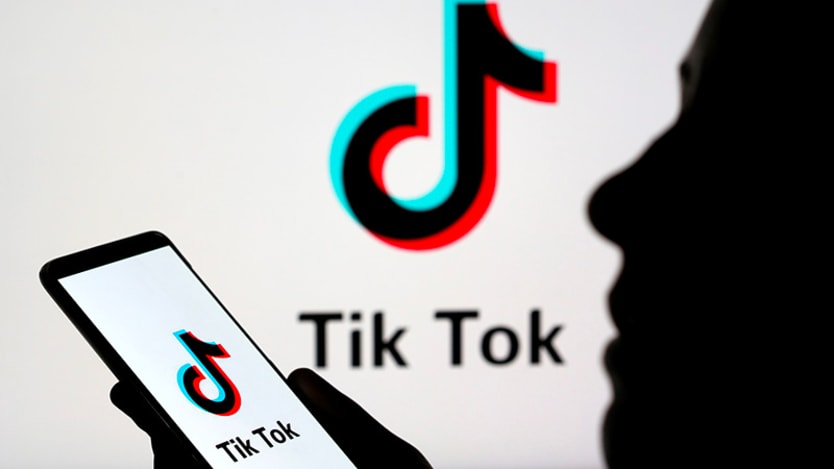
BARCELONA — UNICEF and the European Union have engaged millions of youth in an online campaign via Chinese social media app TikTok to mark the 30th anniversary of the United Nations’ Convention on the Rights of the Child.
But as other development organizations look to follow suit in capitalizing on the popularity of TikTok among young people, the platform — which is known for hosting short mobile videos — is facing backlash for its lack of child-safeguarding practices and data privacy issues.
#TheRealChallenge campaign was quietly launched last month — unbranded so as to let it go viral on its own and allow for more creativity, a UNICEF spokesperson said — with four short videos on issues around child rights, including equality, bullying, and child labor. The aim was to celebrate the achievements of the convention and highlight the remaining gaps. There are 1.7 billion children who are still experiencing some form of violence each year, according to World Vision.
“It is vital for international organizations to engage with audiences wherever they are, including younger audiences on TikTok.”
— Matthias Lüfkens, managing director, Burson Cohn & WolfeWhile progress has been made, youth today face new challenges, such as climate change, mass migration, and technology, said Sandie Blanchet, director of the UNICEF office for relations with EU institutions.
To encourage children to share their views on their rights, TikTok users were challenged to re-create the videos and share their own versions. “The EU is convinced that in order to ensure children's rights without further delay, we need their meaningful participation,” the European Commission said in a statement.
The results of the campaign, published Wednesday, show the re-created videos have been shared more than 1.2 million times, garnering more than 280 million views across 41 countries.
“It was really a campaign by children, for children, on children’s rights,” said Blanchet, speaking of its success. “You need to meet young people where they are … The platform that had a lot of young people and children was TikTok.”
The popularity of the app among children and teenagers has caused problems, though. Earlier this year, it came under fire for failing to suspend the accounts of individuals who were sending sexual messages to underage users. A BBC investigation found hundreds of such messages on display, despite the platform’s rules against the use of sexual posts and messages to harass minors. TikTok removed the majority of messages within 24 hours when reported, but many of the accounts posting them remained active.
The platform is also under investigation by the United Kingdom’s Information Commissioner's Office for data protection issues. In February, the United States slapped its parent company with a $5.7 million fine for collecting data from children younger than 13. TikTok has said that it is cooperating with the ICO and that “ensuring data protection principles are upheld [is] a top priority.”
Blanchet said the work with TikTok is part of a broader discussion being had by various stakeholders on protecting children online. “We’re always concerned about the protection of children’s data, so we are having a much broader discussion with social media and the industry on how they can make sure children’s data is protected and how to protect children from violence and abuse online,” she said.
Sometimes those conversations are public and sometimes they’re behind closed doors, she added.
TikTok has over 500 million monthly active users and is one of the most popular social media apps among young people. A survey by GlobalWebIndex reported that 41% of its users are between the ages of 16 and 24.
Other development organizations have also seen the platform’s potential. The International Federation of Red Cross and Red Crescent Societies achieved 300 million views on TikTok videos it shared to recruit climate volunteers. The International Fund for Agricultural Development also recently launched a dance challenge through the app to empower rural youth to fight poverty.
“I think it is vital for international organizations to engage with audiences wherever they are, including younger audiences on TikTok,” said Matthias Lüfkens, a managing director who specializes in social media at public relations firm Burson Cohn & Wolfe. “TikTok is where the preteens are, whether we like it or not, so it makes sense to connect, engage, and mobilize,” he said, noting that “any social network is addictive and fraught with dangers.”
He advised organizations to, at the very least, set up a TikTok account to secure their brand name on the platform before looking at what works and what doesn’t.
“The key is to be entertaining and to produce sticky and contagious videos so that TikTokers come back every day for your next episode. Think about how you can engage your audience, how to transform them into active participants of your campaign beyond the passive like and share,” he said.
